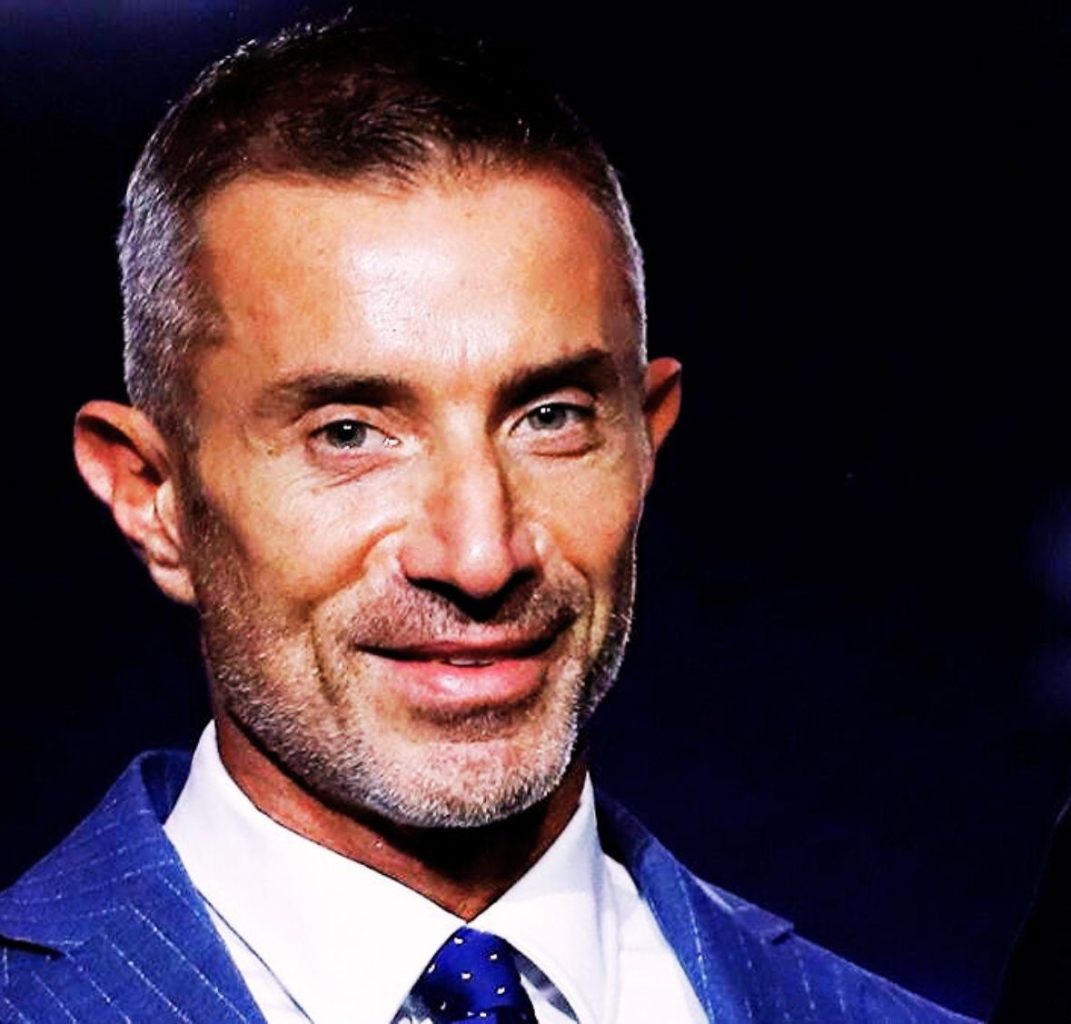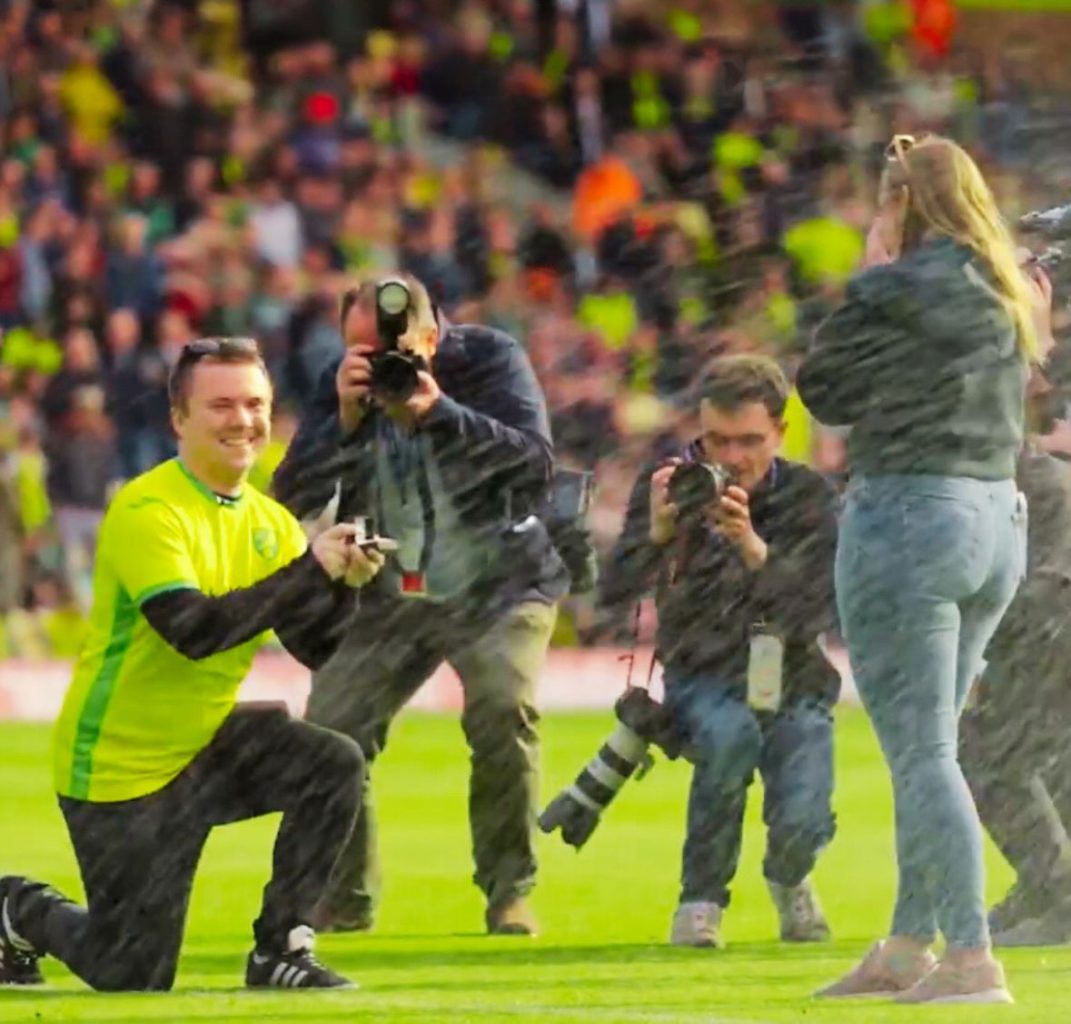Vinicius Junior and Erling Haaland are two of the most electrifying talent in world football. The Brazilian and Norwegian are the new faces of the beautiful game.
Both play key roles for their respective teams—Real Madrid and Manchester City—and have the ability to turn the game on it’s head at any given moment.
Haaland and Vinicius are fierce players who play with that extra bit of passion and aggressiveness, they have the competitive fire within themselves to win every time they step foot on the football pitch.
However, when their actions on the pitch stir controversy, the reactions from fans, media, and the public reveal a different side of football, where there seems to be a bias and stark contrast in the way the world of football end’s up treating these two stars.
A recent set of similar incidents involving both players paints a clearer picture of an apparent bias, maybe exposing deeper issues within football culture.
In a high-stakes Premier League clash between Manchester City and Arsenal, John Stones scored a dramatic late equalizer to secure a point for City, despite being reduced to 10 men.
During the aftermath of the celebration, Haaland, grabbed the ball from the back of the net and threw it off Arsenal defender Gabriel’s head while running back towards the center circle.
It didn’t stop there. After the full time whistle was blown, the young Norwegian had a few choice words for Arsenal manager Mikel Arteta. Haaland confronted Arteta, telling the Arsenal manager to “stay humble” even though Arteta hadn’t done anything to provoke him.
Meanwhile, in a similarly tense atmosphere, Vinícius Júnior found himself in the middle of a heated exchange during a Madrid Derby.
After being brought down by Atlético Madrid midfielder Koke, Vinicius complained to the referee in the hopes of a foul. From here the spat took a nasty turn.
Koke said something to Vinicius that didn’t sit well with the Brazilian. After being in each other’s faces for a bit, Vinicius in an attempt to silence the Spaniard let him know that he had won two Champions League titles, while Koke had none. In response, Koke sarcastically clapped and made a provocative gesture by pulling his lip.
Despite the similarity in tone and intensity between the two encounters, the media, fans, and public treated these situations very differently.
Haaland’s actions—throwing the ball at Gabriel and calling out Arteta—were largely celebrated by some fans and the media as “shithousery” or “the ultimate wind up” referencing the banter that often comes with tight games like these.
One user on X had this to say, “By far one of my favourite prem players. Quality” while another amused by his antics, “Haaland is hilarious.”
Vinícius, however, received a different reaction. The Brazilian was criticized as being overly aggressive and provocative, not just with this incident, but with many other’s in the past, with media and fans raising questions about his maturity and discipline.
Despite Koke’s antagonistic gesture, the focus shifted to Vinícius’s behavior, leading to media outlets and pundits labeling him as a problem player.
One fan instantly had this to say about Vini Jr. “He’s provocative bro.”
While some screenshotted Vini in Koke’s face disregarding the context of the entire sequence and said, “They could never make me love this guy, it was never about color.”
A user on X sums up the difference in reactions almost perfectly;
The answer to via Vinicius is grilled and Haaland gets away with at times might lie in a complex mix of race, football and culture.
Vinícius has been subjected to racist abuse throughout his career, particularly in La Liga, where crowds have hurled vile insults at him on numerous occasions.
This atmosphere of hatred and prejudice seeps into the public discourse, creating a narrative that positions Vinícius as a provocateur rather than a victim or even a passionate competitor.
His expressive and at times slightly aggressive reactions, often celebrated when it comes to other players, becomes a point of contention for those already predisposed to dislike him.
The racial component cannot be ignored in this narrative. Vinícius, as a Black Brazilian, has been racially abused both on and off the pitch, which likely contributes to the way his actions are interpreted by fans and the media.
This bias manifests in the way his passion is perceived as aggression, while Haaland’s similarly provocative actions are seen as part of his charm.
In both of these recent incidents, player’s were engaged in heated spats that maybe could have been avoided. But it was clear that Haaland’s comments came out of nowhere for the Spaniard who had said nothing to the Norwegian. Whereas Vinicius Jr. in his scenario was provoked to some extent by Koke.
The truth is, when Vinícius reacts, his actions are scrutinized under a harsher lens, with the assumption that his behavior is confrontational and unsportsmanlike, and maybe it’s time to look at things with a pair of equal lenses.



